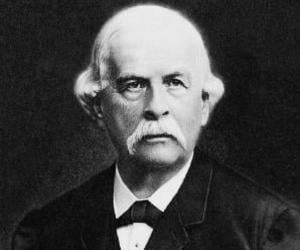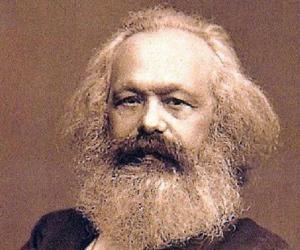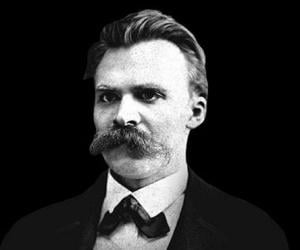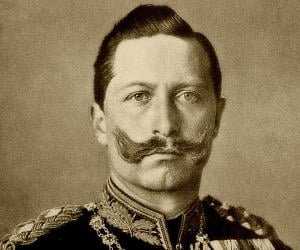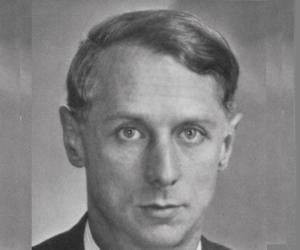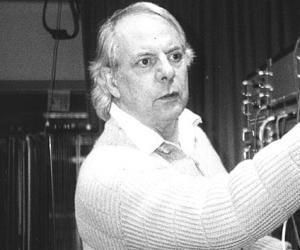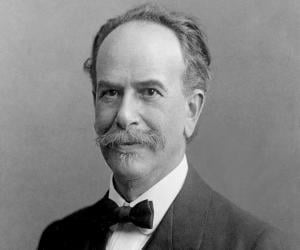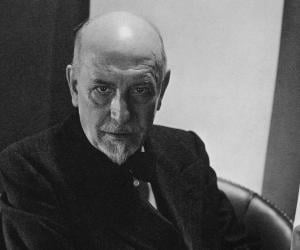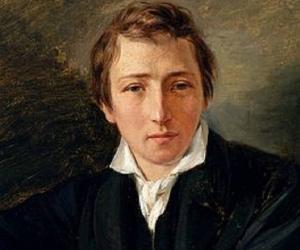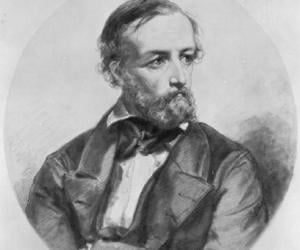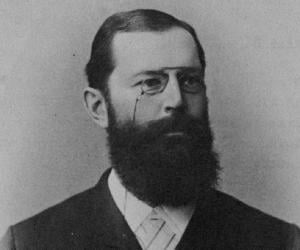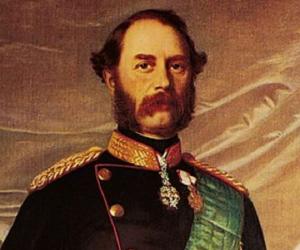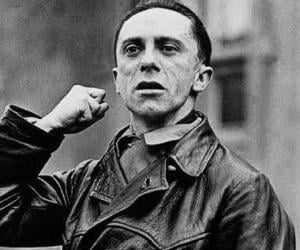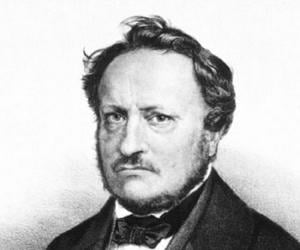Karl Marx, the philosopher, economist, political theorist and socialist revolutionary, is best-known for the 1848 pamphlet, The Communist Manifesto and the three-volume Das Kapital. His theories, called Marxism, maintained that class conflict leads to the development of human societies and that internal tension were inherent in capitalism, which would ultimately be replaced by the socialist mode of production.
German philosopher, cultural critic, composer, and poet Friedrich Nietzsche has had a profound influence on modern intellectual history. He held the Chair of Classical Philology at the University of Basel. His work spanned philosophical polemics, poetry, cultural criticism, and fiction. He suffered from numerous health problems from a young age and died at the age of 55.
Wilhelm II reigned as the King of Prussia and German emperor from 1888 to 1918. He is credited with promoting scientific innovation and building a blue-water navy, which strengthened Germany’s position as a great power. However, he was also responsible for getting his country involved in World War I, which eventually brought an end to the Hohenzollern dynasty’s rule.
Max Ernst was a German painter, graphic artist, sculptor, and poet. A pioneer of the Dada movement, Ernst played an important role in popularizing surrealism during the early-20th century. He is also credited with inventing a couple of techniques, namely frottage and grattage. In 2005, the Max Ernst Museum was opened in his honor in Brühl, Germany.
Karlheinz Stockhausen was a German composer widely regarded as one of the 20th century's most prominent and controversial composers. Remembered for his pioneering work in electronic music, Stockhausen received several distinctions and prizes throughout his career. His compositions remain widely influential on jazz, popular music, and composers.
Remembered for his research on cultural relativism, German-born American anthropologist Franz Boas is often referred to as the Father of American Anthropology. The son of a merchant, he was a sickly child who grew up reading a lot. He also studied folklore and developed it as an academic discipline.
Luigi Pirandello was an Italian novelist, short story writer, poet, and dramatist. Best remembered for his plays, Pirandello was honored with the prestigious Nobel Prize in Literature in 1934. An Italian nationalist, Pirandello supported Fascism; he asked the Fascist government to melt down his Nobel Prize medal for the Abyssinia Campaign.
Heinrich Heine was a German poet, literary critic, and writer. He is known internationally for his lyric poetry, which was popularized by composers like Franz Schubert and Robert Schumann who adapted Heine's lyric poetry into art songs. Heinrich Heine's radical political views forced the German authorities to ban his works, which only added to his popularity.
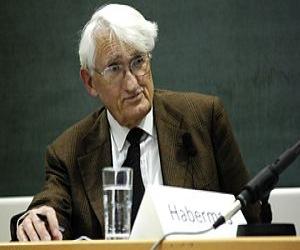
German philosopher and sociologist Jürgen Habermas is counted among the most influential philosophers across the world and is identified with the tradition of critical theory and pragmatism. He influenced many disciplines through his work which addresses communicative rationality and the public sphere, and includes topics starting from social-political theory to aesthetics, language to philosophy of religion, and epistemology.
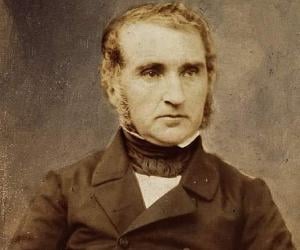
German chemist Justus von Liebig is best known for his research on organic compounds and his contribution to biochemistry and agriculture. The Copley Medal-winning scientist initially studied pharmacy but later switched to chemistry. As a professor, he stressed on laboratory-based teaching of chemistry and separating it from pharmacy, opposing traditional methods.
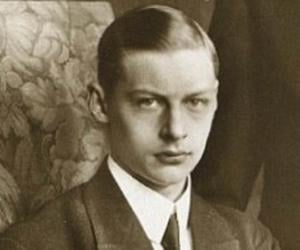
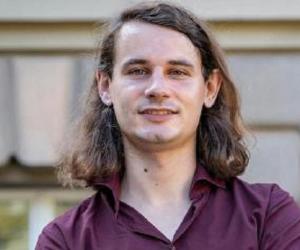
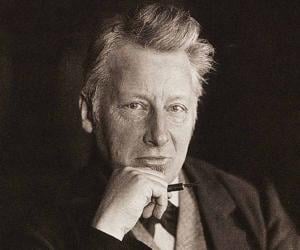
Jacobus Henricus van 't Hoff was a Dutch physical chemist best remembered for winning the first Nobel Prize in Chemistry. Van 't Hoff's work helped found the modern theory of chemical thermodynamics, chemical kinetics, chemical equilibrium, and chemical affinity. A highly popular theoretical chemist, Van 't Hoff is also counted among the founders of physical chemistry.
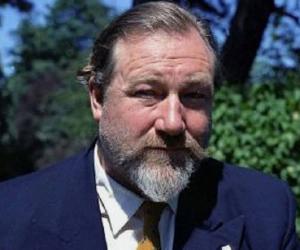
James Robertson Justice was a British actor best remembered for playing pompous authority figures in comedy films. He achieved popularity after playing Sir Lancelot Spratt in each of the seven movies in the Doctor film series.
German mathematician Peter Gustav Lejeune Dirichlet is remembered for his invaluable contribution to number theory. He pioneered the concept of a function, expressed through the equation y = f (x). Though his parents wanted him to become a merchant, his mastery of math made them change their minds.
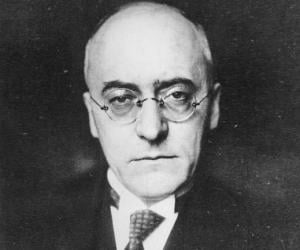
Heinrich Brüning was a German academic and politician. From 1930 to 1932, he served as the chancellor of Germany. Brüning lost his popularity when his measures to tackle the economic crisis instigated by the Great Depression increased unemployment in the Weimar Republic. To this day, he remains a controversial figure in the history of Germany.
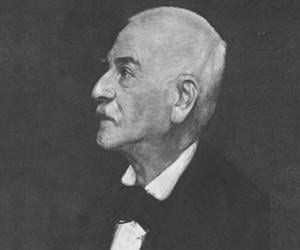
Swiss cultural historian and historiographer Jacob Burckhardt is best remembered for his work on the history of Italian Renaissance, Die Kultur der Renaissance in Italien. Born to a Protestant clergyman, he initially studied theology but later switched to history. He was associated with the University of Basel for most of his life.
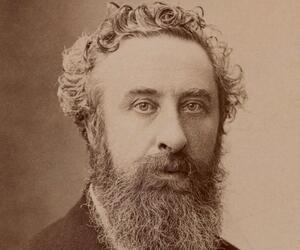
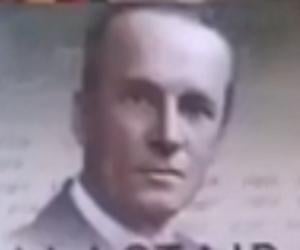
Alastair Denniston was a Scottish code breaker and hockey player. He was deputy head of the Government Code and Cypher School (GC&CS) from 1919 to 1942. As a member of the Scottish Olympic hockey team in 1908, he won a bronze medal. He worked as a code breaker during the war years. He taught French and Latin following his retirement.
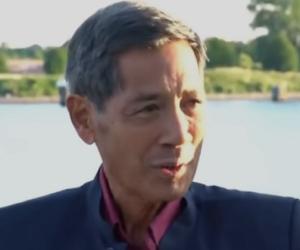
Sucharit Bhakdi is a Thai-German retired microbiologist. Although a reputed scientist with a number of prestigious awards under his belt, Bhakdi achieved infamy during the COVID-19 pandemic when he claimed that the pandemic was fake and that the vaccines were being administered to decimate the world's population. Sucharit Bhakdi is the recipient of the Gay-Lussac Humboldt Prize among other awards.

Hermann Emil Fischer was a German chemist who won the Nobel Prize in Chemistry in 1902. He is credited with discovering the Fischer esterification, which is named in his honor. He is also credited with developing the Fischer projection, which was originally used for the depiction of carbohydrates. Several chemical reactions and concepts like Fischer glycosidation are named after him.
Christian IX of Denmark was King of Denmark from 1863 to 1906, having claimed the throne following the death of King Frederick VII. During his early reign, the Danish saw defeat in the Second Schleswig War and lost several duchies. Recovering from a tumultuous start, he reigned over his nation for several years and was respected by his people.

As one of Adolf Hitler's most devoted and closest associates, Joseph Goebbels played an important role in making the Holocaust happen. He even urged Hitler to introduce measures, such as the shutting down of businesses which were not useful to the war effort, that eventually gave rise to total war. Subsequently, Hitler appointed him as Reich Plenipotentiary for Total War.
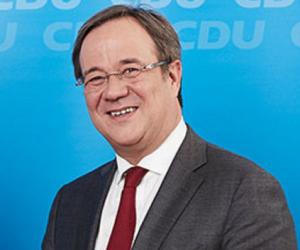
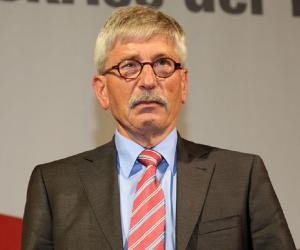
Thilo Sarrazin is a German politician and writer who served as Berlin Senator of Finance from 2002 to 2009. A former member of the Social Democratic Party of Germany (SPD), Thilo Sarrazin is best known for his controversial book Germany is Doing Away with Itself in which he has criticized Germany's post-war immigration policy. The book sparked a nationwide controversy.
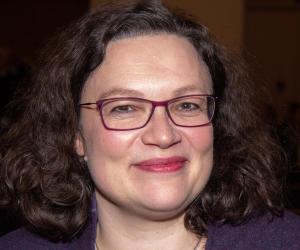
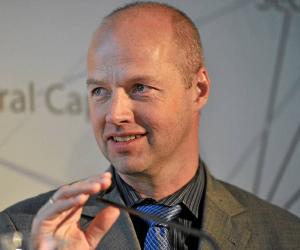
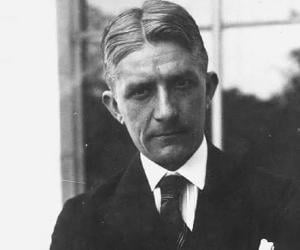

Ferdinand Tönnies was a German economist, sociologist, and philosopher. He is credited with co-founding the German Society for Sociology where he served as the president from 1909 to 1933. Widely regarded as the first prominent German sociologist, Tönnies contributed significantly to field studies and sociological theory. Ferdinand Tönnies is often counted among the founders of classical German sociology.
Johannes Peter Müller was a German physiologist, ichthyologist, herpetologist, and comparative anatomist. Known for his discoveries and his capability to synthesize knowledge, Müller made important contributions to the field of physiology. He also mentored physiologists and scientists like Hermann von Helmholtz, Theodor Schwann, Emil du Bois-Reymond, Friedrich Gustav Jakob Henle, Ernst Haeckel, and Ernst Wilhelm Brücke.
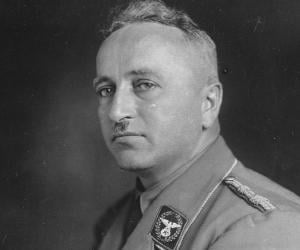
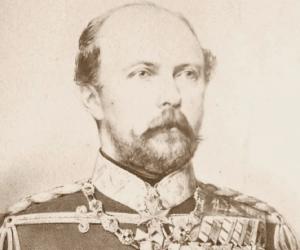
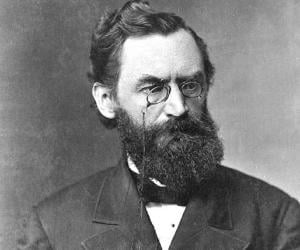
Carl Schurz was a German-born American statesman, reformer, and journalist. After immigrating to the USA during the German revolutions of 1848–49, Schurz became an important member of the Republican Party. He also helped found the Liberal Republican Party which was organized to oppose the reelection of Ulysses S. Grant.
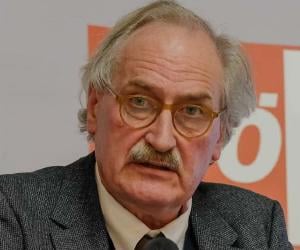
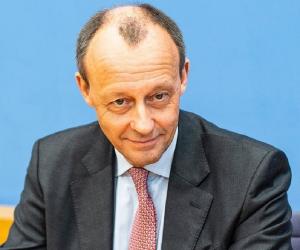
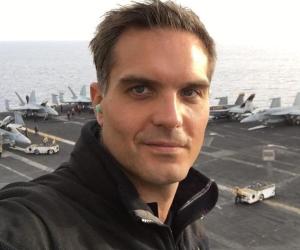
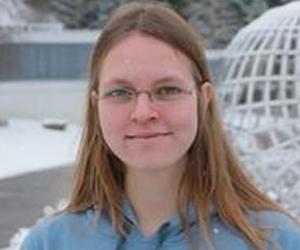

Bernd Lucke is a German politician and economist who served as the leader of a political party named Alternative for Germany from 2013 to 2015; the party was co-founded by Lucke along with Eberhardt Alexander Gauland. Lucke, who is also credited with co-founding Electoral Alternative 2013, serves as a professor at the University of Hamburg.
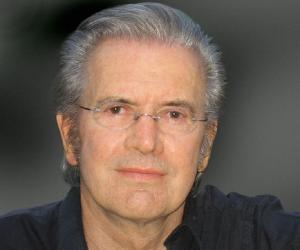
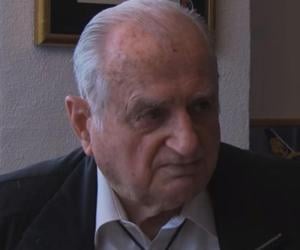

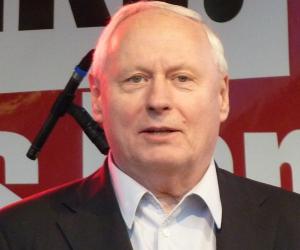
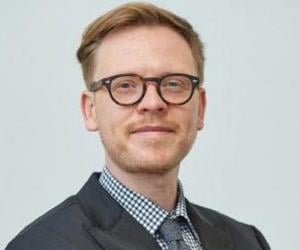

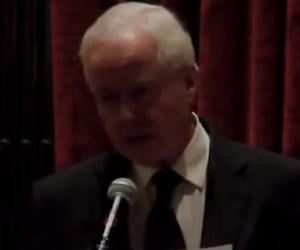
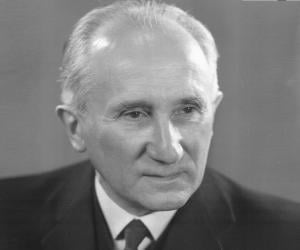
Though he initially studied both chemistry and economics, Romano Guardini later became a priest. He later also served the University of Berlin as its chair of philosophy in religion but was forced to resign by the Nazis. He later also taught at the University of Munich.
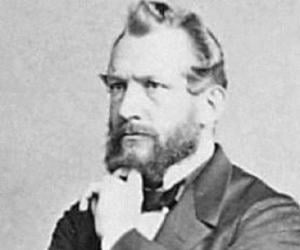
Emil Heinrich Du Bois-Reymond was a German physiologist and physician. He is credited with developing experimental electrophysiology and co-discovering nerve action potential. He was also a renowned teacher and is known for his association with the University of Berlin where he served as a professor.
